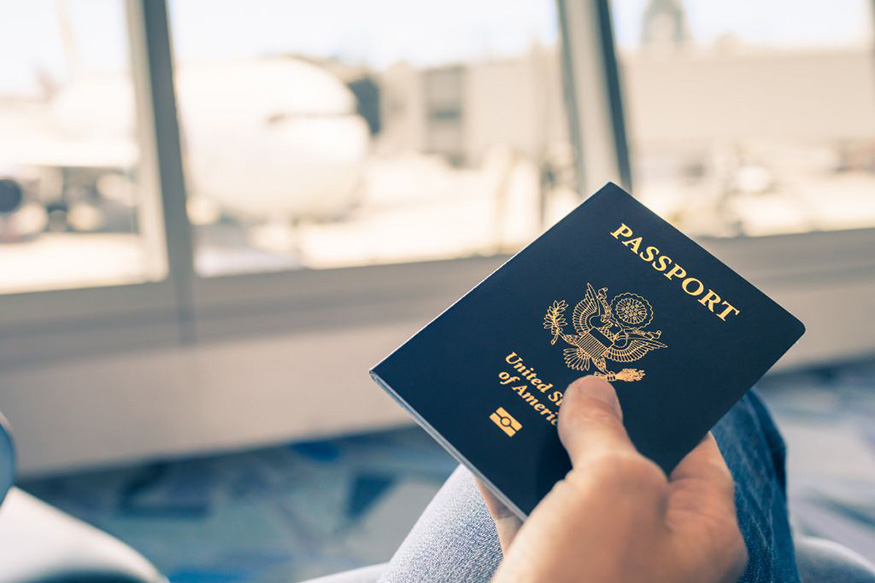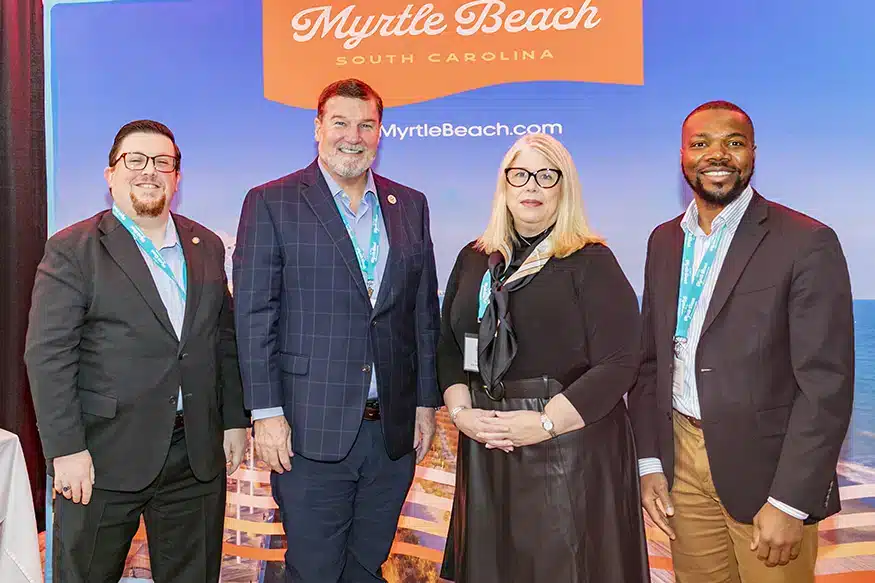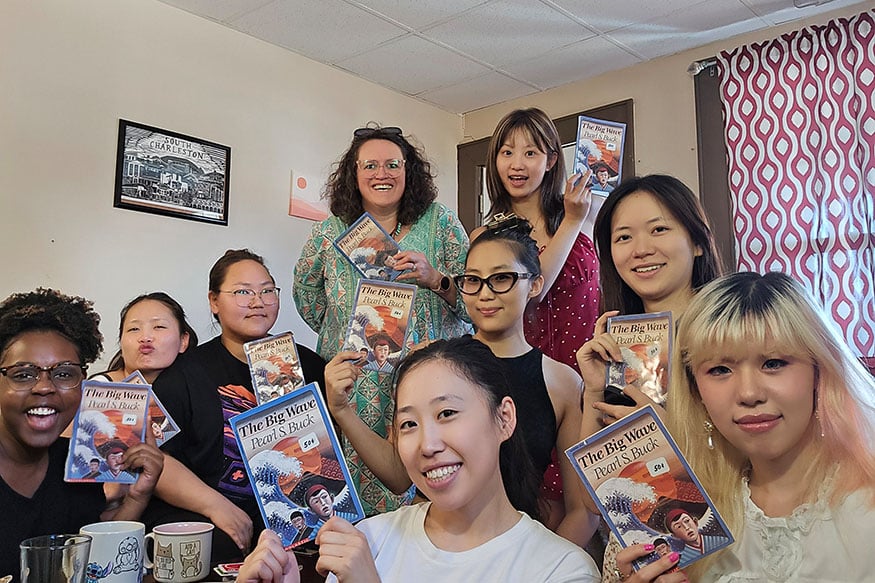
Image courtest of Unsplash
Building global workforce skills is really the goal – so let’s pursue every means to that end.
We all agree American students need to learn how to work in a global economy. So why don’t we do more to encourage them to actually work in that global economy – via programs like work and travel, intern, teach, au pair, and more – so that they can learn how?
This thought struck me as I sat in the opening plenary of this year’s IIE Summit on Generation Study Abroad (GSA). The American student “skills gap,” the speakers reminded us, is a problem. 90% of our students graduate without a global experience, and thus without key skills for success. Reps from IBM, Telefónica, and United Airlines all agreed that more young Americans need more global abilities. And study abroad is “one of the best ways to prepare for the future global workplace.” No one in the room disagreed on this point.
And yet, if we are as committed to preparing young people for the future global workplace as we say, we need to broaden the conversation about how we do that. As I wrote after last year’s GSA, we have to continue to expand our way of thinking on what constitutes a valid international experience; we need to focus more on the value of the “abroad” rather than trying to force the “study.”
The conversation I heard at GSA was not about study abroad for the sake of academic study. Rather, it was about the experience of study abroad as a means to an end, that end being the development of global workforce skills. Work abroad programs complement study abroad programs as yet another critical means to that shared end; an important way to help American students close the “skills gap” and be the next generation of leaders universities are preparing them to be. What better way for young people to learn how to work in the global economy than by actually working in it?
A recent IIE study on study abroad and employability reported that the global workforce skills we hope students develop include:
“Intercultural skills, curiosity, flexibility & adaptability, confidence, self-awareness, interpersonal skills, communication, problem solving, language, tolerance for ambiguity, and course or major-related knowledge.”
Only one of these identified areas is directly tied to a student’s course of study. Indeed, the same IIE report notes that “employers generally value soft skills in new employees as much or more than they value technical skills” gained in the classroom. In other words, employers aren’t looking so much for what potential employees know, but rather what they can do, and how they do it.
And there’s no better way to learn the how, as we all agree, than through experience abroad. The immersion in the unknown, overcoming new challenges, learning to solve problems and to think in wholly unknown ways. Working within different cultures and contexts, working in challenging situations: essentially learning how to work in the world. So, it’s not just studying while abroad that helps build these global workforce skills. Rather, it’s gaining experience while abroad, broadly defined, that develops these skills.
This topic is gaining traction, but needs to be better integrated into the higher education discussion.
Open Doors started reporting data on Work, Internship, and Volunteer Abroad (WIVA) experiences several years ago – recognition of the growing importance of this sector – and each year more universities report their data. However, we need even more data collection standards across campuses, as well as to expand data collection beyond higher education to include WIVA program providers. Interest and participation in work, intern, and other abroad programs is higher than we realize. We need to understand the full extent of this interest in order to encourage it and to grow these kinds of programs.
We need to expand the non-credit abroad lexicon to not disregard the term “work,” but rather to actively promote the concept of working abroad as a viable option for gaining coveted global skills.
And finally, we need to come together as a community to advance this conversation so work-focused organizations and higher education institutions can find common ground. Together we can create ways for all students to have access to an experience abroad, even if it’s not study abroad.
Generation Study Abroad is our “moonshot,” but it isn’t actually about doubling the number of students who study abroad. It’s about doubling the number of students who have global workforce skills, acquired through experiences abroad. Including work abroad and other abroad experiences only helps advance us towards that goal, and equip this generation of graduates for success.




